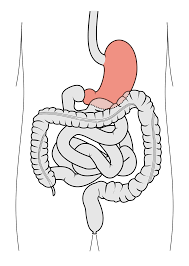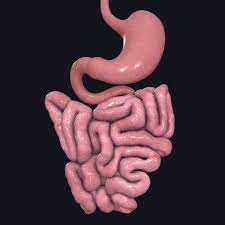Climate Change Effects Human Health
- Nov 16, 2021
- 2 min read
What is Climate Change?
Climate change is in weather patterns over a longer period of time, which refers more so to how the environment is changing through increments. It is tracking the trends in various areas, such as following up on the conditions of the sea levels, the ice caps, the wildlife, etc. While understanding such activity, it is important to consider the amount of external factors used such as fossil fuels, and how the resources are being executed in factories. Fossil fuels are an example of nonrenewable resources such as coal, gasses, and oil and its usage leads to heat being trapped in the atmosphere. Not only does this affect the health of the Earth, but it affects the wildlife and humans in numerous ways as well.
How is Climate Change Affecting the Earth?
Climate change is actively affecting the future of the Earth through the medium of intense droughts, storms, heat waves, destroying work environments, homes, and communities. Not only is this worsening the condition of the ecosystem, but at the same time, it is causing a negative impact on humans. Usually, one may only consider how it causes the sea levels to rise and this is due to the trapping of heat, as mentioned before. But, it is vital that one considers how this leads to a spike in wildfires, coastal storms, and flooding. In order to fully comprehend the negative impacts though, it is crucial that humans understand how this will affect our futures’ as well.
Effects of Climate Change on Humans
The nuances of climate change affecting the health of the Earth connects back to how the well-being of humans is also on the line. Considering that the environment is all connected, we are all related in some way or the other, signifying how when a ripple is presented in the ecosystem, our lives are changed as well. This means that while the temperatures are rising, this causes more carbon dioxide to be released in the air as well. Understanding these factors may lead to deleterious effects on the lungs and the heart. Such consequences are more prominent in older populations, ethnic minorities, and the poor. Analyzing the temperature changes led to a 50% increase in heat related deaths, and was further linked to the prevalence of mental illnesses.

Delving into the ramifications of climate change on the heart, in fact displays a spike in the heart rate. When the overall temperature is rising, this makes our cardiovascular system forced to work harder and pump more blood. This means that while doing this our blood vessels tend to dilate and create an imbalanced effect onto the blood-clotting mechanisms. When this occurs, one may face a heart attack or a heat stroke.
We believe that climate change should be gradually decreased by staying conscious on which resources we plan on utilizing and what its results would impose on the environment. Rather than only thinking about oneself, it is more important to look at the overall future of humanity. After all, this is the same Earth that future generations will reside on, let’s leave it better than we found it.




Comments